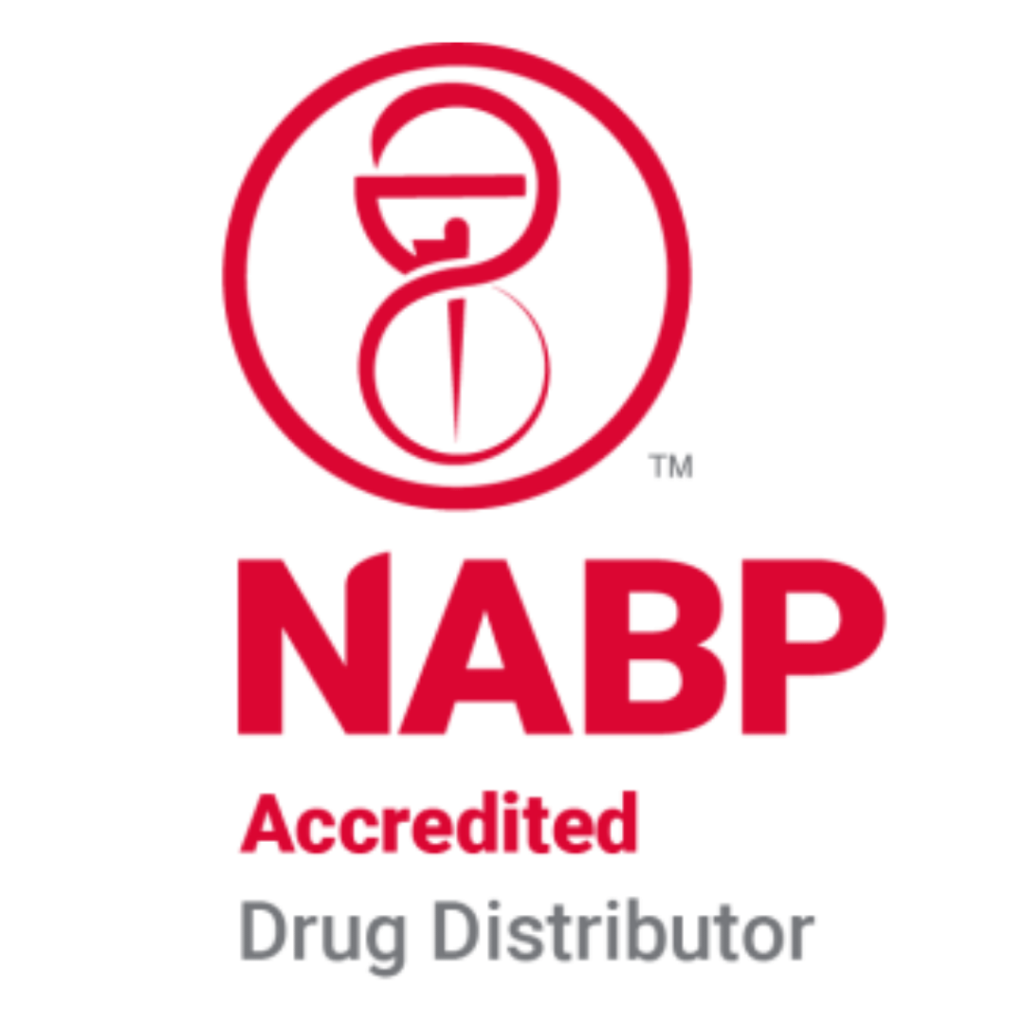From February 11th to 17th, we observe Sepsis Survivor Week. This time is dedicated to raising awareness about sepsis and celebrating the resilience of survivors. Sepsis, a life-threatening condition triggered by the body’s response to an infection, is a significant global health concern. In light of this, NAS urges individuals to take proactive steps to reduce the risk of sepsis, including sepsis caused by COVID-19.
Prevent Infections
One of the most effective ways to prevent sepsis is by preventing infections that can lead to it. Individuals are encouraged to speak with their healthcare professionals about strategies to prevent infections. In particular, those with chronic conditions such as diabetes, lung disease, cancer, and kidney disease. Additionally, getting recommended vaccines is crucial, as vaccinations help prevent some infections that can lead to sepsis.
Practice Good Hygiene
Good hygiene practices play a pivotal role in reducing the risk of infection-related sepsis. Washing hands regularly, especially before handling food or touching the face, can help prevent the spread of harmful bacteria and viruses. Keeping cuts clean and covered until healed also minimizes the risk of infection.
Know the Signs and Symptoms
Awareness of the signs and symptoms of sepsis is essential for early detection and prompt treatment. Individuals should be vigilant for signs such as a high heart rate or weak pulse, fever, confusion, shortness of breath, extreme pain, or clammy skin. If these symptoms are observed, urgent medical evaluation and treatment are warranted.
ACT FAST
Sepsis requires immediate medical attention. If an infection is not improving or is worsening, individuals are advised to act swiftly and seek medical care. Asking healthcare professionals whether an infection could be leading to sepsis and whether a visit to the emergency room is necessary can be life-saving.
Empowering Action Against Sepsis
As we commemorate Sepsis Survivor Week, let us reaffirm our commitment to preventing and combating sepsis. By taking proactive measures to prevent infections, practicing good hygiene, knowing the signs and symptoms of sepsis, and acting swiftly when needed, we can protect ourselves and our loved ones from this life-threatening condition.






